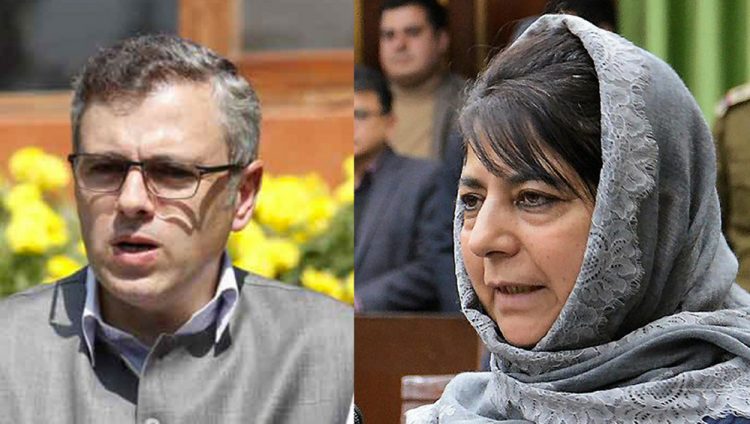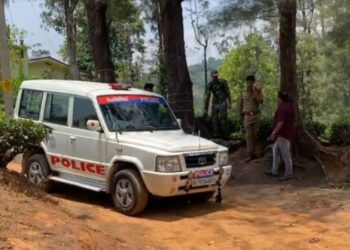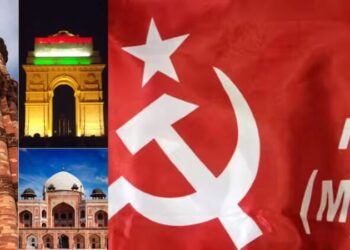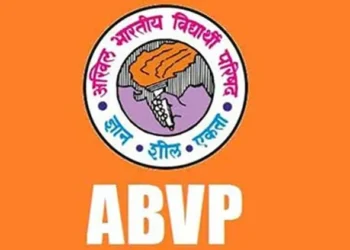New Delhi: Party chiefs of the People’s Democratic Party (PDP), the National Conference (NC), Congress and other Kashmiri politicians are worried at the sudden surge of Indian security forces in Kashmir.
Within weeks the Central Ministry had increased the troop strength by the thousands. Pilgrims to Amarnath Yathra were asked to leave the state as soon as possible. Around 11,000 tourists who are in the state now, including the yathris and foreigners, are leaving the state after the government issued an advisory. The government has also suspended the Machail Mata pilgrimage.
The government had initially said that around 10,000 forces will be added to boost the security in Jammu and Kashmir and to maintain law and order. After a week another 25,000 extra troops were also ordered into the state.
Kashmiri political party chiefs like Mehbooba Mufti had called an all party meet to consolidate the warring parties to show an united front against the Indian government. She then tried to spread her own fear among the people. She tweeted that there is panic in Srinagar and accused the Government of India for being concerned only about the yathris and not the people of Kashmir.
Omar Abdullah of the NC was worried that he wasn’t privy to any information about the actual purpose of the troop surge in the valley. He met with the Governor Satya Pal Malik today but was not happy with his assurances. Omar Abdullah demanded that Central government clear the air about why the Amrnath yathra was stopped.
Yesterday, Kashmiri political leaders Mehbooba Mufti, Sajad Gani Lone, Dr. Shah Feasal and Molvi Imran Ansari had met with the Governor in a bid to quell their fears about the massive troop surge.
Today, Congress leader, Ghulam Nabi Azad, has also expressed his worry about the troop movements and questioned the government’s decision to curtail the Amarnath Yathra.
Why are the political leaders in Kashmir and also the Congress party worried about troop surge into the valley?
The government of India and heads of security forces have repeatedly told that extra troops were brought into the state to maintain law and order and to tackle the heightened terrorist threat to Amarnath Yathra.
Leaders like Mehbooba Mufti, Omar Abdullah, Sajad Lone, etc. had lived off at the expense of Kashmiri people’s fear and worries. They have never attempted to bring real development to the state by trying to integrate the Kashmiri population with the rest of India.
They had only practiced the politics of separation and isolation that has so far only yielded misery and violence. The main fear of these political parties and their leaders is that the tough Indian government is moving to scrap Article 370 and 35A, which gives special powers to the state of Jammu and Kashmir. Once these are done away with, the leaders feel that their long held status quo will be challenged.
If the articles are a hindrance to the development of Kashmir any sensible state leader would have campaigned to end these constitutional provisions. However, the current state leaders seems unenthusiastic about bringing real development and peace to their own people.












